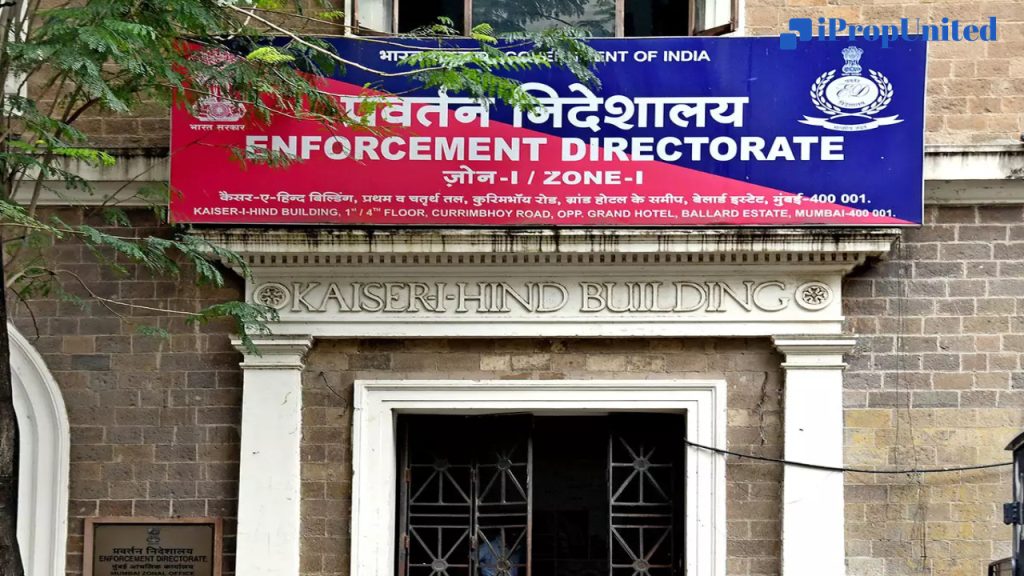An analysis conducted by Zapkey.com has shed light on the practice of real estate developers charging additional common area maintenance charges (CAM) from homebuyers at the time of possession. The analysis showed that these charges, ranging from Rs 10 to Rs 30 per square foot per month, are collected in advance and are separate from the property’s cost.

Typically, builders collect advance maintenance charges for a period of 12 to 24 months, which is the duration within which they plan to transfer the responsibility of building upkeep to the resident welfare association (RWA) or society. However, the Real Estate (Regulation and Development) Act, 2016 (RERA) does not provide any specific formula or standards for these charges. It only mandates that developers are responsible for providing and maintaining essential services until the association of allottees takes over the project’s maintenance, with reasonable charges.
The wide variation in CAM charges was observed across 15 real estate projects in Mumbai analyzed by Zapkey. Even projects with similar amenities such as gymnasiums, clubhouses, and swimming pools exhibited a significant difference in charges. Premium projects in South Mumbai had considerably higher CAM charges.
For instance, the analysis revealed that Rustomjee Crown in Prabhadevi charged Rs 30 per square foot per month for CAM, resulting in a monthly cost of around Rs 50,000 (including GST) for a 1,404 sq ft apartment. Peninsula Bishops Gate in Breach Candy, another luxury complex, imposed a CAM of approximately Rs 25 per square foot per month, translating to a staggering Rs 1.37 lakh per month for a 4,700 sq ft apartment.
It is worth noting that maintenance charges paid to the RWA are exempt from GST up to Rs 7,500. If the monthly charges exceed this amount per member, GST is applicable on the entire levied amount.
Some projects divided the CAM into separate categories for building maintenance and layout/federation maintenance, especially in cases of multiple towers. This allowed for a more even distribution of CAM charges across owners as possession of different towers occurred over time.
While most agreements explicitly mention the advance maintenance charges, some projects did not provide exact figures. In such cases, the agreement typically stated that the charges would be pro-rated in proportion to other allottees in the entire project.
In general, the total advance maintenance charges collected by developers ranged from 0.5 to 1.4 percent of the property’s registered value. Projects with higher percentages included Piramal Revanta, Runwal Bliss, and Rustomjee Crown. Premium projects such as Peninsula Bishops Gate and Godrej Urban Park were on the lower end of the range, primarily due to their high property values.
Advance maintenance charges refer to the fees collected from residents for the upkeep of commonly owned property areas in a housing society. These charges are collected periodically and are particularly applicable in under-construction projects until the RWA/society is formed and operational. In Maharashtra, maintenance charges are proportional to the property’s area, and developers cannot demand CAM before receiving an occupation certificate.
Follow and Connect with us: Twitter, Facebook, Linkedin, Instagram














